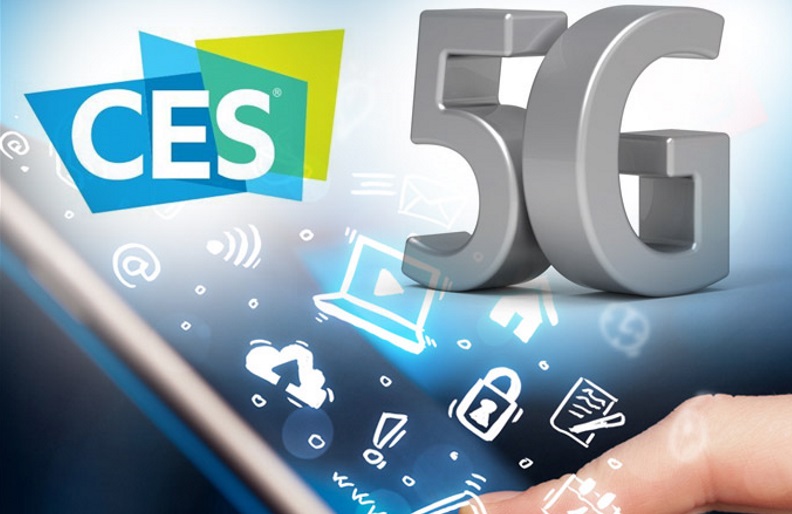Telecommunications giants like Ericsson, Qualcomm, and Nokia will be headlining the 5G talks this year. With the advent of smart cities and more pervasive use of the Internet of Things (IoT), faster and more stable connections will become a fundamental requirement.
If smart cars are going to be running the roads and working with smart traffic systems, there’s a greater need for robust and reliable network architectures. 5G technology and deployment strategies are still pretty vague now, but perhaps we can expect telcos to give us some timelines and shed some light on the overall direction of the up and coming wireless broadband technology.
The hot topics related to smart cities that will be explored at CES 2018 include topics like equitable innovation and inclusivity, electric vehicle (EV) infrastructure expansion, cybersecurity, and microtransit.
However, the subject that is currently burning all the oxygen in the room when it comes to smart cities is 5G technology. While most consumers think this emerging telecommunications standard will simply mean faster smartphones – Qualcomm has already hit a speed of 1 gigabyte per second (Gbps) – the technology can have a transformative effect on smart city grids. If smart cars are going to be running the roads and working with smart traffic systems, there’s a greater need for robust and reliable network architectures. 5G technology and deployment strategies are still pretty vague now, but perhaps we can expect telcos to give us some timelines and shed some light on the overall direction of the up and coming wireless broadband technology. Research suggests that smart city solutions applied to traffic management and electrical grids could produce $160 billion in savings and benefits through reductions in energy use, traffic congestion, and fuel costs.
Qualcomm, Baidu, Verizon and SDxCentral are set to discuss “Mobile Innovation: How 5G Will Enable the Future” at CES 2018. This keynote session will explore how 5G networks can enable innovations like self-driving vehicles, AR and VR, breakthroughs in health care, IoT data applications, and more. U.S. Transportation Secretary Elaine Chao will also headline the Smart Cities event.
“The tech community is committed to and passionate about changing lives for the better, and smart cities have the potential to address the need for more sustainable and livable cities around the world, said Koenig. “With the Internet of Things as a foundation, technologies such as automated street lighting, smart energy meters, parking assistance apps and sensors have the ability to make cities safer, more efficient, and more accessible. The United Nations projects 66 percent of the world’s population will live in urban areas by 2050 — so now is the time to harness technology’s potential to improve urban life.”

One comment